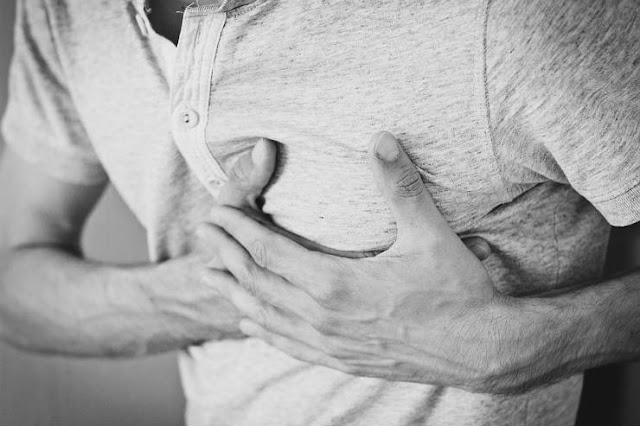What Is Heart Failure?
Heart failure occurs when the heart loses its natural ability to pump enough blood through the body (Heart Failure Definition). Although the term “failure” suggests a sudden and complete stop of heart activity, heart failure usually develops slowly, often over a number of years, as the heart gradually loses its pumping ability.
The term “congestive heart failure” is often used to describe all patients with heart failure, but in reality, congestion (the buildup of fluid) is just one feature of the condition and does not occur in all patients.
The two main categories of heart failure are:
Systolic heart failure
Systolic heart failure occurs when the heart’s ability to contract decreases. The heart cannot pump with enough force to push a sufficient amount of blood into the circulatory system. Thus, blood coming into the heart from the lungs may back up and cause fluid to leak into the lungs, a condition known as pulmonary congestion.
Diastolic heart failure
Diastolic heart failure occurs when the heart has a problem relaxing. Thus, the heart cannot properly fill with blood because the muscle has become stiff. Diastolic heart failure can also lead to pulmonary congestion.
What Causes Heart Failure?
Although the heart loses some of its blood-pumping ability due to age, many other factors can lead to a loss of pumping ability, including:
- Smoking
- High cholesterol levels
- High blood pressure (hypertension)
- Diabetes and abnormal blood sugar levels
- Obesity
- Coronary heart disease (which is also caused by the above factors)
- Cardiac arrhythmias (irregular heartbeat)
- Muscle damage and/or scarring due to a heart attack
- Disorders that cause abnormal thickness or swelling of the heart
- Heart valve disorders
Anyone of the above factors, as well as a combination of two or more factors, can lead to heart failure.
Heart Failure Symptoms
Although many symptoms are associated with heart failure, none are specific for heart failure only. Shortness of breath (dyspnea), which results from excess fluid in the lungs, is probably the most common symptom associated with heart failure.
Other heart failure symptoms include:
- Fatigue or becoming tired easily.
- Edema (fluid accumulation), which may cause swelling in the feet, ankles, legs, or abdomen.
- Persistent coughing, especially coughing that regularly produces mucus or pink, blood-tinged sputum.
- The heart also adjusts or compensates, to heart failure by enlarging (to allow more blood into the heart), thickening its muscle fibers (to strengthen the heart muscle, which allows it to contract more forcefully and pump more blood), or contracting more frequently (to increase circulation).
Heart Failure Diagnosis
Heart failure is diagnosed either through a physical exam or laboratory tests, including an electrocardiogram (which uses recording devices placed on the chest to evaluate the electrical activity of a patient’s heartbeat), an echocardiography (in which sound waves are bounced off the heart and are then recorded and translated into images), or a chest x-ray (which allows the doctor to see the size of the heart and to see if the lungs are congested).
Heart Failure Treatment
The most common treatments for systolic heart failure are:
Surgery
Surgery is used to correct a problem such as a heart valve defect or to supply more blood to the heart in the setting of ischemia. In life-threatening situations, a left ventricular assist device (LVAD) can be used temporarily to take over its pumping activity until a transplant is feasible.
Medications
Medications used to treat heart failure include ACE inhibitors, which are blood pressure medications which allow the heart to relax and pump more easily; digitalis, which increase the force of the heart’s contractions; diuretics, which decrease the body’s retention of salt and water; hydralazine, which widens blood vessels, thus easing blood flow; nitrates, which are used for pain and also diminish heart failure symptoms and beta-blockers which can block detrimental neurohormonal changes that occur with heart failure. All of these medications have potential side effects that you need to discuss with your doctor.
Lifestyle Modifications
Lifestyle modifications include quitting smoking, losing weight if necessary, abstaining from alcohol, and making dietary changes to reduce the amount of salt and fat in your diet. Regular exercise is also helpful, although your doctor should carefully monitor the amount and intensity.
 |
| heart failure definition || Health Fettle || |
Heart Transplant
What Is Heart Failure? || Health Fettle ||
 Reviewed by janardan kumar
on
March 31, 2019
Rating:
Reviewed by janardan kumar
on
March 31, 2019
Rating:
 Reviewed by janardan kumar
on
March 31, 2019
Rating:
Reviewed by janardan kumar
on
March 31, 2019
Rating:













No comments: